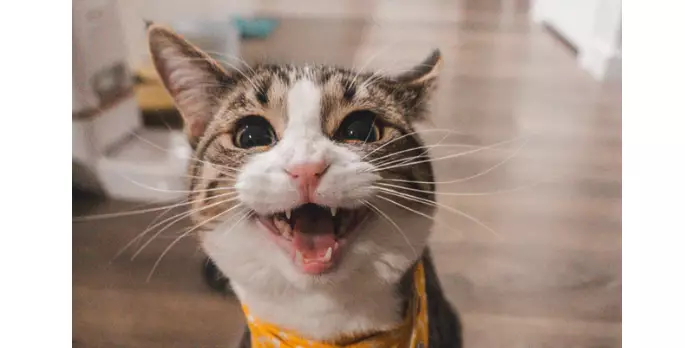Cats are among the most popular pets worldwide, cherished not only for their companionship but also for their individual personalities. A recent investigation led by Dr. Lauren Finka at the University of Lincoln sheds light on the multifaceted nature of feline traits. By interviewing approximately 200 cat owners, the research unveils a framework that categorizes cat behaviors into five primary personality types. These findings emphasize how various aspects—development, environmental factors, and genetics—contribute to the unique character of every cat.
Gaining insights into the personality traits of cats is crucial for pet owners, not only for enriching the human-animal bond but also for ensuring the well-being of their feline companions. Effective communication between humans and cats hinges upon recognizing these personality types. Each type provides a lens through which owners can better tailor their care, activities, and interactions, contributing to a harmonious coexistence. Understanding these traits can also aid in addressing behavioral issues, allowing owners to provide an environment that supports their cats’ innate drives and preferences.
One of the most engaging personalities is that of the “Attention Seeker.” These sociable cats thrive on interaction with humans and often display a fervent desire for closeness. They typically engage in behaviors such as following their owners from room to room, meowing persistently for attention, and consistently seeking physical contact. Such cats flourish in environments filled with family members, as their lively and affectionate nature is complemented by social stimulation. Owners of Attention Seekers may find that these pets enhance the liveliness of their households, turning daily life into a joyful experience.
In stark contrast, the “Hunter” personality exemplifies an instinctual drive that speaks to cats’ ancestral traits as predators. These feline hunters are distinguished by their playful yet determined approach to simulated prey, often displaying a knack for stalking and capturing toys. Being active and agile, Hunter cats require ample space to express themselves. Environments such as expansive indoor areas or safe outdoor enclosures allow them to thrive. Such settings provide opportunities for exploration and stimulate their natural instincts. Understanding their passion for hunting can lead to the selection of appropriate toys that mimic real prey, enhancing their playtime experiences.
The “Cats’ Cat” personality type is representative of felines who are especially inclined towards inter-cat relationships. Unlike the more solitary or human-focused personalities, these cats exhibit social behaviors that revolve around their fellow felines. They are usually seen grooming or cuddling with other cats, highlighting their need for companionship among their species. This personality type serves as a reminder that, while many cats can bond with humans, they may also require the camaraderie of their own kind to feel fulfilled.
Rounding out the list is the “Cantankerous Cat,” a personality that may be less understood but is equally important. These cats are characterized by their sensitivity and independent nature, often requiring careful handling and consideration. Owners of Cantankerous Cats need to recognize their unique personalities and the need for patience when managing stress. Being adept at deciphering stress signals—such as hiding or sudden mood changes—can lead to a better understanding and a more harmonious relationship. Recognizing that these cats often prefer solitude can help owners accommodate their needs while still enjoying their companionship.
Finally, the “Inquisitive Cat” captures the essence of curiosity that many cat owners are familiar with. These cats are playfully mischievous, constantly investigating their surroundings and exploring every nook and cranny. Their adventurous spirit not only provides entertainment but also signifies their desire for stimulation. Environments rich with new experiences, such as different textures and objects to explore, resonate well with their exploratory natures. Ensuring that Inquisitive Cats have access to interactive toys and engaging activities is crucial in keeping them well-emphasized and happy.
The exploration of feline personalities by Dr. Finka provides valuable insights into the diverse traits that distinguish each cat. Acknowledging these personality types deepens the understanding of pet behavior and enhances the dynamics between humans and their feline companions. As cat owners, recognizing and respecting a cat’s innate tendencies leads to a fulfilling and enriching relationship—ultimately enriching the lives of both owner and pet.

